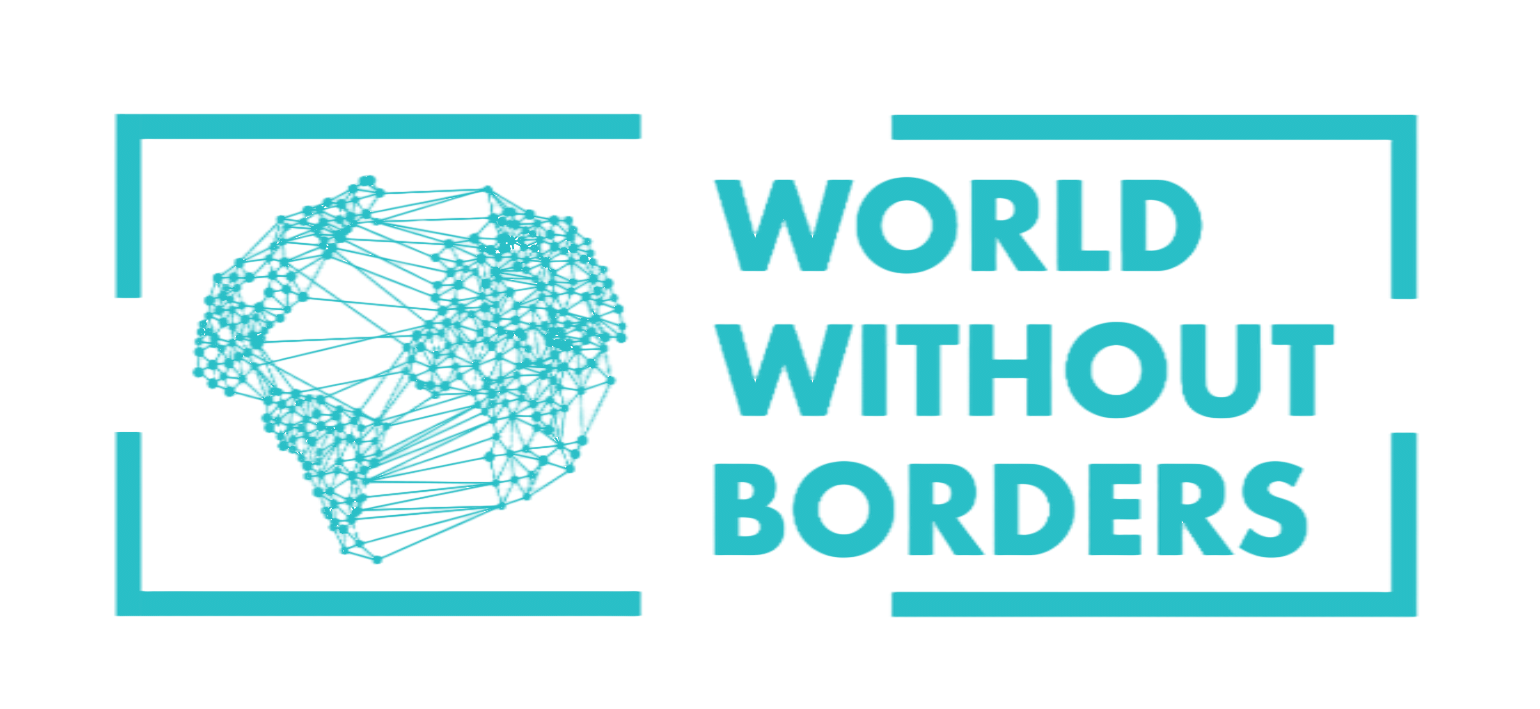In an increasingly interconnected yet fragmented world, the Bahá’í teachings offer profound insights and principles that advocate for a transformative vision—a world without borders. Such a paradigm shift necessitates not only a reexamination of physical boundaries but also an elevation of the human spirit, transcending barriers of race, religion, and nationality. The Bahá’í framework presents a holistic approach that beckons humanity toward unity and collaboration, fostering an environment where global citizenship flourishes.
Central to the Bahá’í faith is the acknowledgment of the oneness of humanity. This principle serves as a cornerstone, advocating that all individuals, regardless of their diverse backgrounds, are members of a singular human family. This radical inclusivity prompts a critical shift in perspective. When one understands that every human being is an integral part of this collective, it cultivates empathy and intrinsic respect for others. This ideological metamorphosis encourages individuals to look beyond their immediate surroundings and adopt a global viewpoint.
Moreover, the Bahá’í teachings assert the necessity of collaboration over competition. In a world often beset by rivalry, the call for cooperative endeavors may seem audacious; yet, it is essential for addressing the multifaceted challenges that must be confronted collectively. The cultivation of a spirit of service, inspired by the Bahá’í commitment to the betterment of the world, promotes a landscape where differences are revered rather than vilified. This shift in behavior is paramount; when individuals operate under the premise that they are stewards of the planet and custodians of human dignity, the practical implications for peace and progress are profound.
Furthermore, Bahá’í teachings emphasize the importance of dialogue and engagement as tools for fostering understanding. This principle of consultation, which invites the participation of diverse perspectives, offers a framework for resolving conflicts and dismantling entrenched prejudices. When individuals engage in sincere dialogue, they expose the superficiality of borders—both literal and metaphorical. This process engenders a milieu where curiosity can thrive, prompting participants to explore ideas that transcend cultural confines. The act of sharing insights and experiences provides a fertile ground for mutual learning.
The economic implications of fostering a world without borders are also pivotal. Bahá’í principles advocate for the eradication of extremes of wealth and poverty, challenging the disparities perpetuated by nationalistic policies. Through a framework that promotes fair distribution of resources, the teachings encourage a rethinking of socioeconomic paradigms that prioritize collective welfare over personal gain. Such an approach not only heralds justice but also cultivates stability—a precondition for peaceful coexistence.
Additionally, education emerges as a vital instrument within the Bahá’í framework. The emphasis on universal education promotes the intellectual liberation necessary for individuals to envision a borderless world. Knowledge empowers the youth, enabling them to become proactive agents of change. Education fosters critical thinking, ethics, and moral agency, encouraging young minds to challenge societal norms and envision alternatives to the prevailing status quo. In this worldview, the classroom extends beyond traditional boundaries, evolving into a global forum where ideas cross-pollinate unhindered.
This perspective is further elucidated through the Bahá’í commitment to environmental stewardship. Recognizing the intrinsic connection between humanity and the natural world necessitates a collective response to ecological challenges. The vision of a world without borders is intrinsically linked to sustainable development, where the exploitation of resources is curbed in favor of holistic care for the earth. The teachings advocate that humanity’s progress hinges not only on social and economic advancements but also on the preservation and flourishing of the planet itself. When individuals perceive themselves as part of a larger ecosystem, the barriers that segregate become trivial in comparison to the shared responsibility for the Earth.
Integral to this discussion are the implications of global governance. The Bahá’í teachings elucidate the necessity of an administrative system that transcends national conflicts, guiding humanity toward a unified legal framework. This aspirational governance calls for an international body capable of addressing global concerns collaboratively. The principle of collective security, underscored in Bahá’í writings, advocates for a world where nations work cooperatively, undermining militaristic tendencies that breed animosity. A reconfigured global order, predicated on mutual respect and collective responsibility, paves the way for sustainable peace.
Moreover, the emphasis on spirituality within the Bahá’í faith underscores the essential role that inner transformation plays in achieving a world without borders. The pursuit of spiritual enlightenment fosters a universal consciousness, compelling individuals to invest in the betterment of society. A spiritually enriched populace is more inclined to embrace diversity, mitigating the divisive forces that proliferate conflict. Hence, fostering spiritual development emerges as a critical element in cultivating a collective aspiration for unity.
In conclusion, the Bahá’í teachings offer an expansive vision that challenges humanity to transcend its self-imposed limitations. The promise of a world without borders is not solely a physical reality but rather a profound awakening to our shared existence. By embracing the principles of oneness, cooperation, education, dialogue, and spiritual development, individuals can cultivate the curiosity necessary to navigate a harmonious future. Such transformative approaches not only stimulate curiosity but also evoke a collective yearning for unity that can lead to a reality where borders—both tangible and intangible—are rendered obsolete. This vision remains a clarion call, urging humanity to rise above the constraints of division and embrace the full potential of our interconnectedness.
